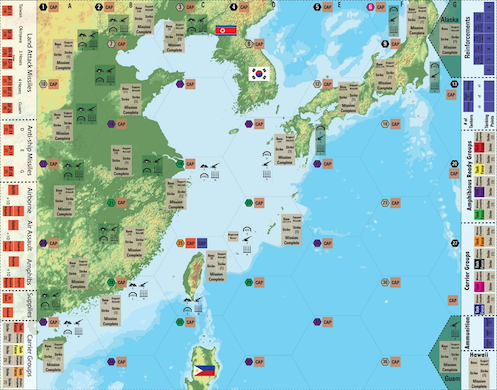
Hamas, Defying Trump, Eyes Keeping Control of Gaza
By THE NEW YORK SUN
|The fight would ‘break the back’ of American military power for a generation.

Already have a subscription? Sign in to continue reading

By THE NEW YORK SUN
|
By CAROLINE McCAUGHEY
|
By JOSEPH CURL
|$0.01/day for 60 days
Cancel anytime
By continuing you agree to our Privacy Policy and Terms of Service.